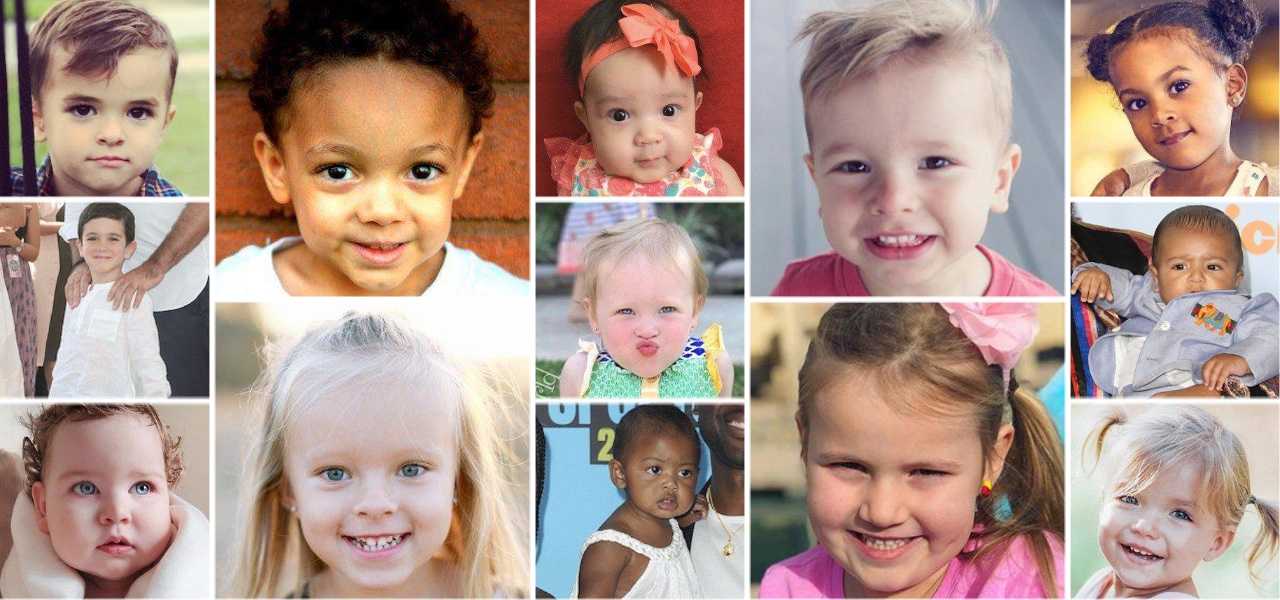
Generation Alpha
Alpha is a generation coming after Gen Z. Generation Alpha members are today’s pre-schoolers and kindergarten children. Many social researchers take this generation as starting in 2010. This generation is the first to be born completely in the 21st century. They are bound to be completely different to generations before them. Gen Alpha are the children of Millennials.
Gen alpha age range
Generation Alpha years are known to be from 2010 to 2025. Every baby born nowadays belongs to this generation.
Why are they called Generation Alpha?
We ended with the last generation of the 20th century being called after the last letter of the alphabet – Generation Z. With the start of the new century, we begin with the first letter of the Greek alphabet to name the first generation of the new century.
It might be that this name eventually changes to Glass Generation – this refers to the glass-fronted devices this generation uses to communicate with. These will include augmented reality glasses and wearable devices.
General characteristics of the generation
Members of Gen Alpha are still too young for anyone to come to any real conclusions about their general traits. What we have are conclusions from limited observations and predictions by social analysts and other experts in different fields.
Technology will be their thing
Alphas are born with technology – as toddlers they scroll through their parents’ smartphones and play video games on their iPads; They answer the phone and listen to music on their parents’ iPhones. Soon they have several digital devices of their own.
If you want to see a little girl cry, just try to take her iPad away – you can take all her dolls, but her iPad is off limits. Experts notice that the older Alphas at age 8 are technologically more advanced compared to kids the same age in previous generations.
School will be different
Ed-tech applications are being developed to cater for a generation that has a short attention span and tend to learn visually. Schools will leverage cognitive computing to deliver a personalized learning experience for each student.
Cognitive computing will give rise to personal cognitive assistants for students in schools and colleges. It is foreseen that a student’s cognitive assistant could also act as a personal tutor, helping them through problematic sections in the coursework. As it is, it has already been noted by observers that this generation prefer voice over texting and typing.
They are not likely to have siblings
One-child families are on the rise again. Most millennial women are at the end of their childbearing years, and they are having only one child. For Millennials parenthood is an important step in life and they want to give their children the best they can afford, which often means the choice to have only one child. Growing up as an only child probably means that it would be hard for these children to share and cooperate with others, but we’ll have to see if things actually turn out like that.
Most diverse generation in history
Generation Alpha exhibits diversity in all its aspects including cultural, racial, gender orientation, income, family arrangements, marital status, etc. Society is becoming more diverse and this generation will grow up in a very diverse society.
For them, minorities of whatever kind, will hopefully not be an issue. We can expect Gen Alpha to be more accepting and inclusive than previous generations.
They are already social influencers
Kids as young as five participate in America’s Got Talent and that’s not all. There is 6-year-old fashionista Laerta on Instagram (555K followers) and the Swedish girl Amelia and her mom who have deals with the Swedish car dealer Holmgrens Bil as well as with the fashion label Lindex.
Then you have 8-year-old Ryan of Ryan Toysreview who has 17.3 million followers and views in the billions. He was the highest paid YouTube star in 2018 when he earned $22 million. Ditto for 2019 when he earned $26 million.
Five-year-old cerebral palsy sufferer Anastasia Radzinskaya from Russia has 107 million subscribers and seven channels. Her videos have been watched more than 42 billion times.
And so the list goes on.
Interesting facts
By 2025, the year when the youngest Alphas will be born, the generation will constitute a whopping 2 billion of the global population.
Forbes reports that more than 22 million millennial parents live just in the U.S. About 9,000 Alpha babies are born to them each day. According to social researcher Mark McCrindle, 2.5 million members of Generation Alpha are born every week around the world.
A number of predictions can be done by now:
- Alphas will work with and trust artificial intelligence. Their parents will buy them smart medical devices to monitor their health and provide diagnosis. They will use AI chatbots armed with disease databases to find out what their symptoms mean. Their millennial parents will allow them to be operated on by robotic surgeons and they will trust social robots to take care of their elderly parents.
- This group will experience technology as not separate from them but as part and parcel of themselves. Experts predict that Gen Alpha will in the end probably relate more to the virtual than the real world.
- Generation Alpha will work in jobs that don’t yet exist. They will most likely create many of those jobs themselves. This generation will be well-educated, and well-informed.
- A large percentage of them won’t attend college. A combination of factors will contribute to this. First, college education is getting prohibitively expensive, second there are more affordable study choices online and third, they are creative, well-informed and are growing up in an entrepreneurial environment, which makes it relative easy for them to come up with their own ideas of how best to earn an income.
Conclusion
The oldest members of this generation are 10 years old now. It’s obviously too early to talk about established traits of its members. For now, we know that they are obsessed with their digital devices and it’s scary how adept the smallest of children are with these devices.
They are the first generation that will grow up interacting with AI and robots. Smart devices and toys will respond verbally and intelligently to them, like humans. What will be the end result? Will the virtual world become more real to them than the world as we know it?


